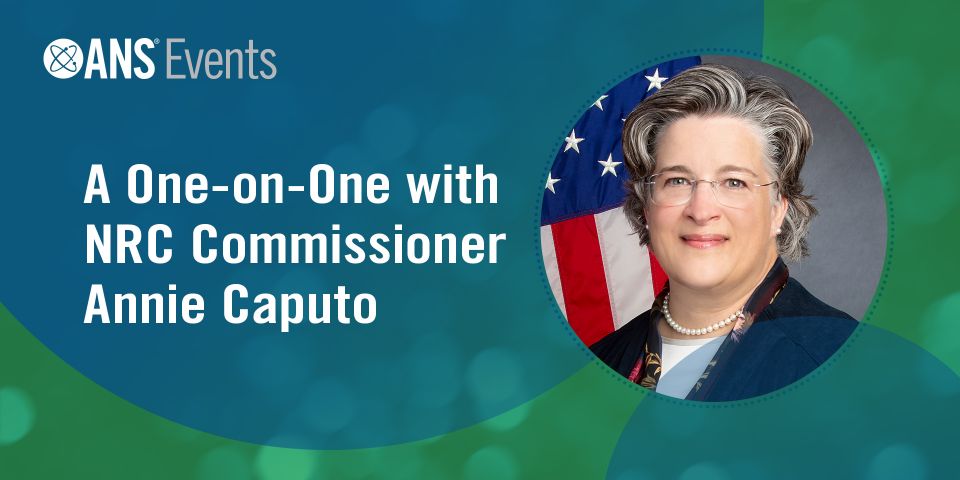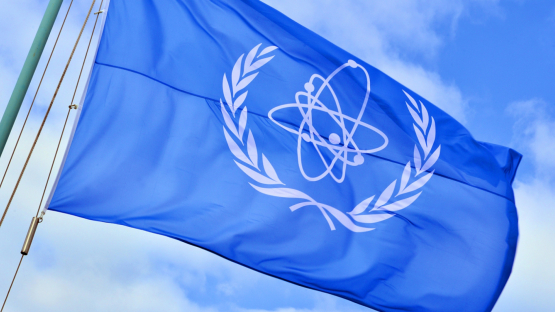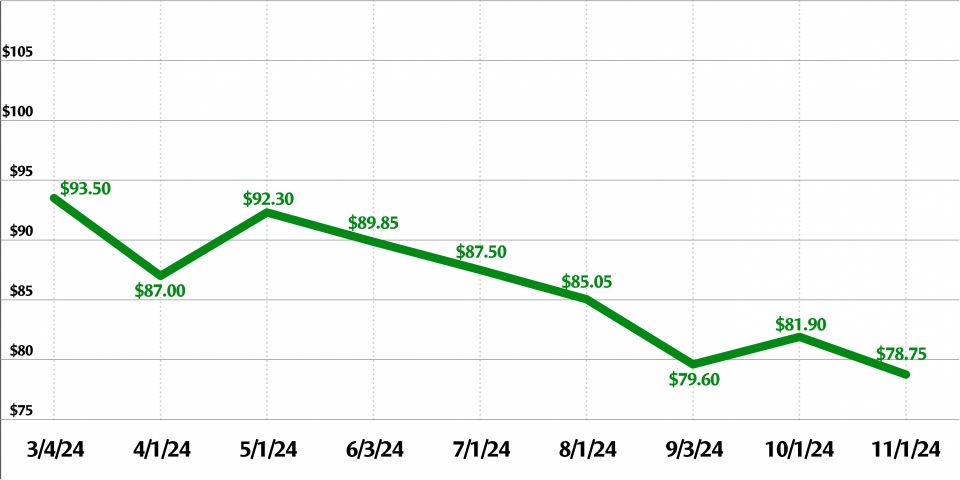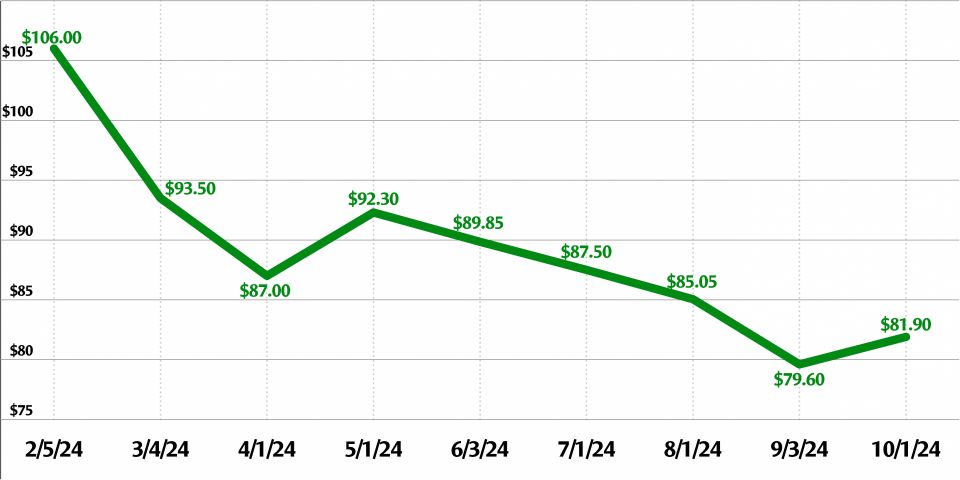Nuclear economics in a changed world

Craig Piercy
cpiercy@ans.org
Laurence J. Peter, author of The Peter Principle, said, “An economist is an expert who will know tomorrow why the things he predicted yesterday didn’t happen today.” By that definition, I guess we are all economists now.
As I write this column, it’s still too early to know exactly how the Russian invasion of Ukraine, and the world’s response to it, will shape the long-term economics of energy production, and specifically the economics of nuclear energy. But we can make a few logical guesses.
First, I think we will see a stronger security “overlay” to every energy policy decision we make in the next few years. Energy security is a potent motivator. France’s decision to go nuclear wasn’t a decarbonization play; it was a direct result of the Arab oil embargo of 1973, when most of its electricity was generated by oil-fired power plants.









